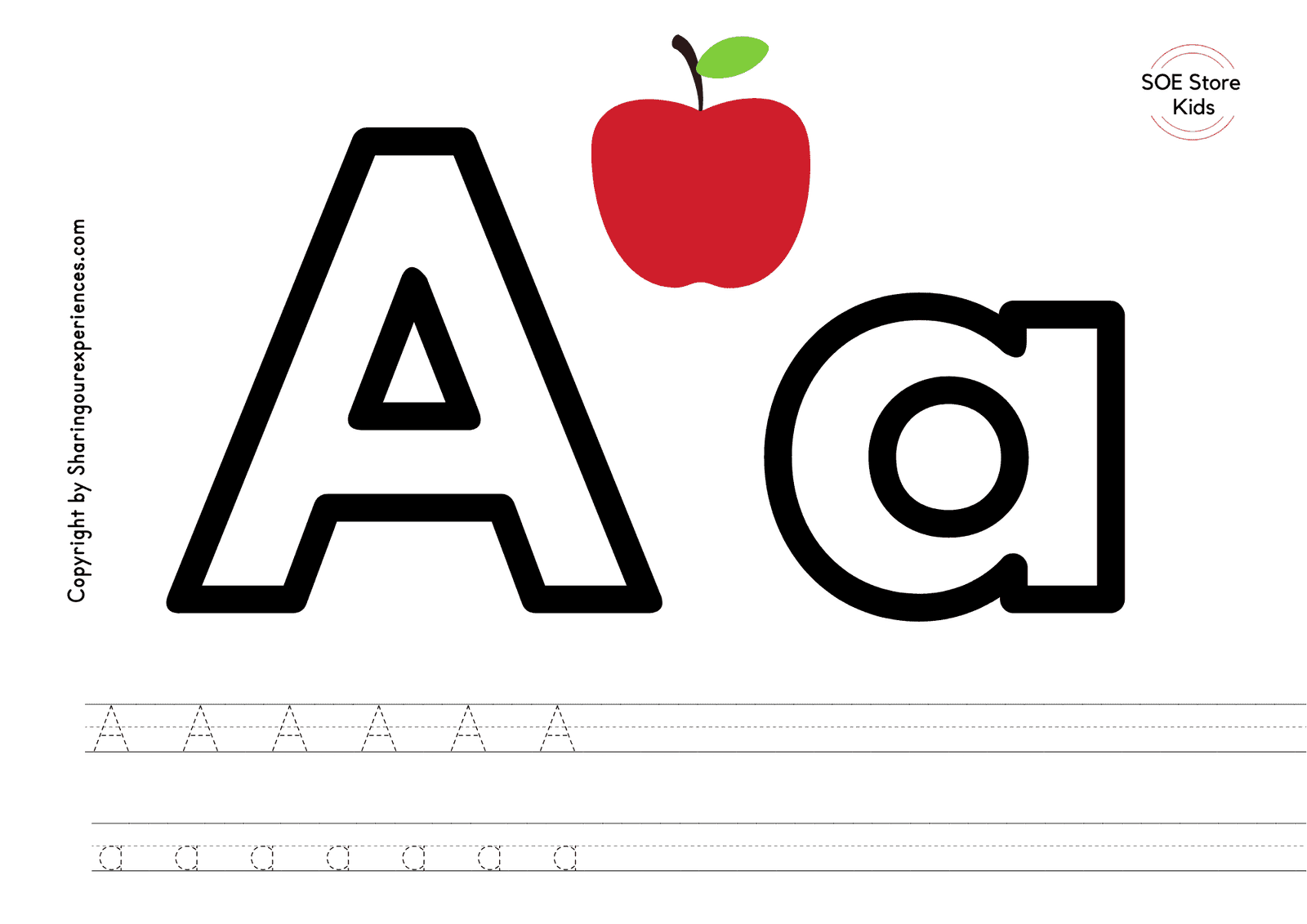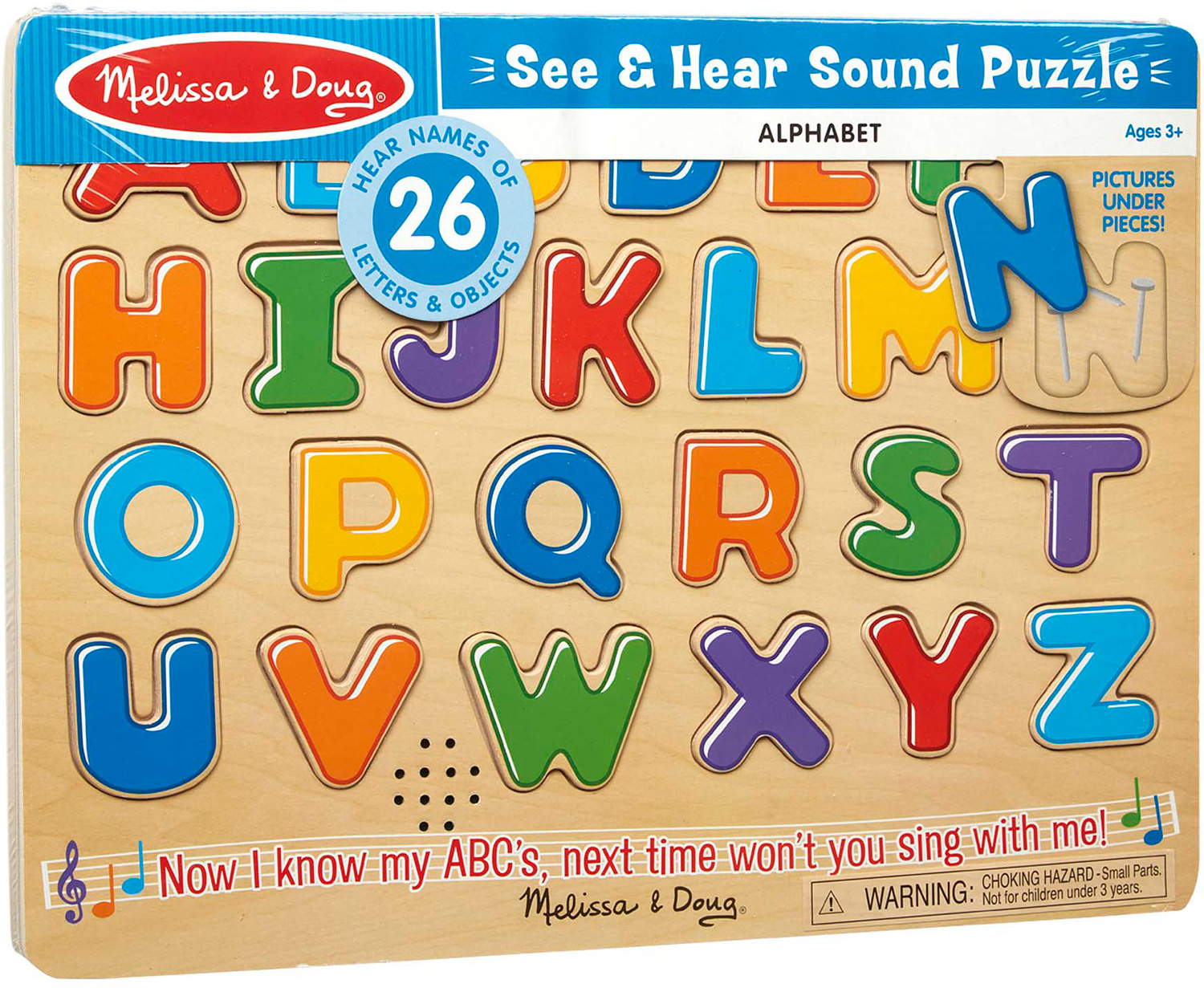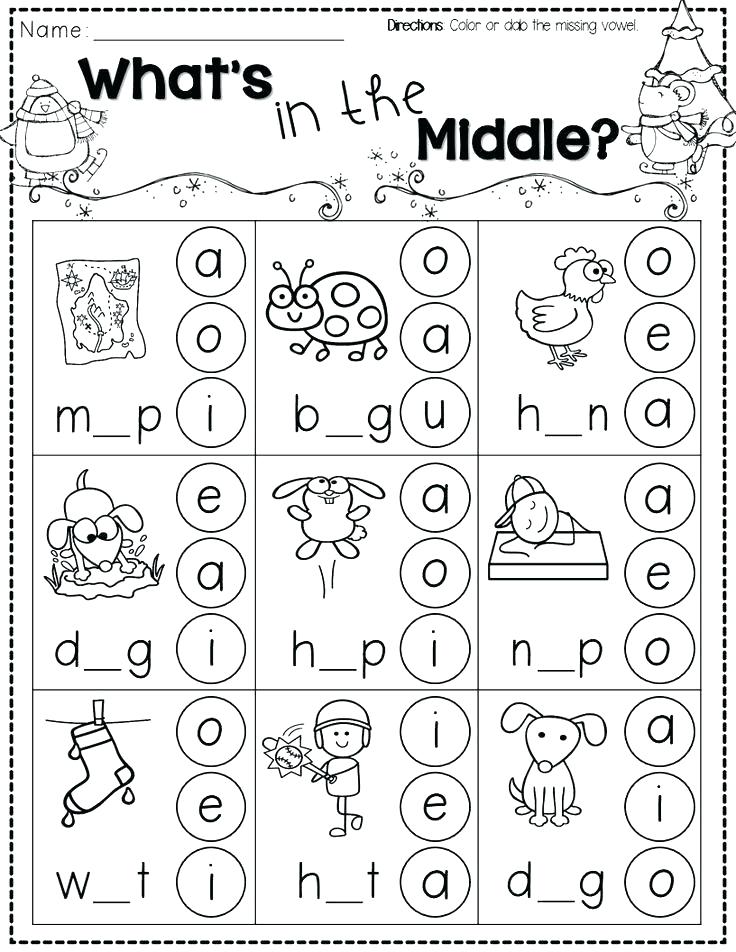Phonics phonemes phoneme
Table of Contents
Table of Contents
Are you struggling with pronunciation in the English language? Do you find yourself often stumbling over words that seem impossible to pronounce correctly? If so, then you’re not alone. Many language learners face this challenge when trying to master the phonetic alphabet and its pronunciation. In this blog post, we will take you on a journey into decoding sounds and exploring the world of phonetic alphabet pronunciation in en_us language.
One of the pain points in learning a new language is struggling to understand and reproduce the correct sounds. Mispronunciations can lead to misunderstandings and difficulty communicating effectively. Pronunciation is a crucial aspect of language learning, as it plays a significant role in understanding and being understood by others. The journey into decoding the sounds of the phonetic alphabet helps language learners develop a clear and accurate pronunciation.
Decoding sounds through the phonetic alphabet provides a systematic approach to understanding the pronunciation of words. By breaking down each sound into its individual phoneme, learners can grasp the intricacies of the language’s pronunciation. This knowledge allows them to differentiate between similar sounds and pronounce words more accurately. The phonetic alphabet serves as a guide, assisting learners in recognizing and reproducing the correct sounds.
In conclusion, decoding sounds and mastering the phonetic alphabet is essential for language learners looking to improve their pronunciation. By understanding the individual phonemes that make up words, learners can develop a clearer and more accurate way of speaking. Practice and repetition are key in mastering these sounds, so don’t be discouraged if it takes time to feel comfortable. With dedication and patience, you’ll be well on your way to mastering the en_us language and its phonetic alphabet.
The Importance of Decoding Sounds: The Journey into Phonetic Alphabet Pronunciation
Decoding sounds and mastering the phonetic alphabet is vital because it enables language learners to accurately reproduce the sounds of a new language. As a language learner myself, I understand the frustration of mispronouncing words and not being understood by native speakers. However, through the journey into phonetic alphabet pronunciation, I was able to improve my pronunciation and gain more confidence in speaking the language.
The phonetic alphabet provides a systematic approach to learning and understanding the pronunciation of words. By breaking down each sound into its phoneme, learners can practice and perfect their pronunciation skills. This journey allows for a deeper understanding of the language’s sounds and helps learners overcome challenges they may face.
Ultimately, decoding sounds through the phonetic alphabet is an essential step in achieving fluency in a language. By mastering the pronunciation, learners can communicate effectively and be better understood by native speakers.
The Practice and Best Practices for Decoding Sounds: The Journey into Phonetic Alphabet Pronunciation
When embarking on the journey into decoding sounds and mastering phonetic alphabet pronunciation, it is crucial to practice regularly. Consistency is key in improving pronunciation skills. Here are some best practices to help you along the way:
- Listen to native speakers: Pay close attention to native speakers’ pronunciation and mimic their intonation, stress, and rhythm.
- Record yourself: Use a recording device or app to record your voice and compare it to native speakers. This will help you identify areas for improvement.
- Practice with phonetic exercises: Use resources such as the International Phonetic Alphabet chart and phonetic exercises to practice the different sounds.
- Seek feedback: Engage with native speakers or language tutors who can provide feedback and corrections on your pronunciation.
Additional Tips for Decoding Sounds: The Journey into Phonetic Alphabet Pronunciation
In addition to regular practice, here are some additional tips to help you decode sounds and improve your phonetic alphabet pronunciation:
- Break down words into phonemes: Analyze each word and identify the different sounds that make up the word. Practice pronouncing each sound individually before putting it all together.
- Focus on problem sounds: Identify the sounds that are particularly challenging for you and dedicate extra practice time to mastering them. Repeat words and phrases containing these sounds until you feel comfortable pronouncing them correctly.
- Use pronunciation resources: Utilize online resources, apps, and textbooks that provide pronunciation guides and exercises. These can help you practice and reinforce correct pronunciation.
- Immerse yourself in the language: Surround yourself with the language as much as possible. Listen to music, watch movies or TV shows, and read books or articles in the language. This will expose you to authentic pronunciation and help you develop an ear for the language’s sounds.
Question and Answer about Decoding Sounds: The Journey into Phonetic Alphabet Pronunciation
Q: How long does it take to master phonetic alphabet pronunciation?
A: The time it takes to master phonetic alphabet pronunciation varies from person to person. Consistent practice and dedication are key factors in achieving proficiency. Some learners may see improvement within a few months, while others may take longer. It is important to be patient with yourself and focus on steady progress.
Q: Can I learn phonetic alphabet pronunciation on my own?
A: Yes, you can learn phonetic alphabet pronunciation on your own. There are several online resources, such as pronunciation guides and exercises, that can assist you in your learning journey. However, seeking feedback from native speakers or language tutors can be beneficial in ensuring the accuracy of your pronunciation.
Q: Is it necessary to learn the phonetic alphabet?
A: Learning the phonetic alphabet is not a requirement to achieve fluency in a language. However, it can greatly aid in improving your pronunciation skills. The phonetic alphabet provides a standardized system for representing sounds, allowing for a more detailed analysis and practice of pronunciation.
Q: What are some common pronunciation mistakes learners make?
A: Common pronunciation mistakes made by learners include mispronouncing certain sounds, such as the “th” sound in English, and struggling with word stress and intonation patterns. Each language has its own set of unique challenges, and it is important to identify and address these mistakes through practice and exposure to native speakers.
Conclusion of Decoding Sounds: The Journey into Phonetic Alphabet Pronunciation
In conclusion, decoding sounds and mastering the phonetic alphabet is a crucial step in improving pronunciation skills and achieving fluency in a language. By breaking down each sound into its individual phoneme, learners can practice and perfect their pronunciation. With dedication, regular practice, and the utilization of best practices, learners can overcome pronunciation challenges and communicate effectively in the en_us language.
Gallery
Decoding Satan: Phonetic Alphabet
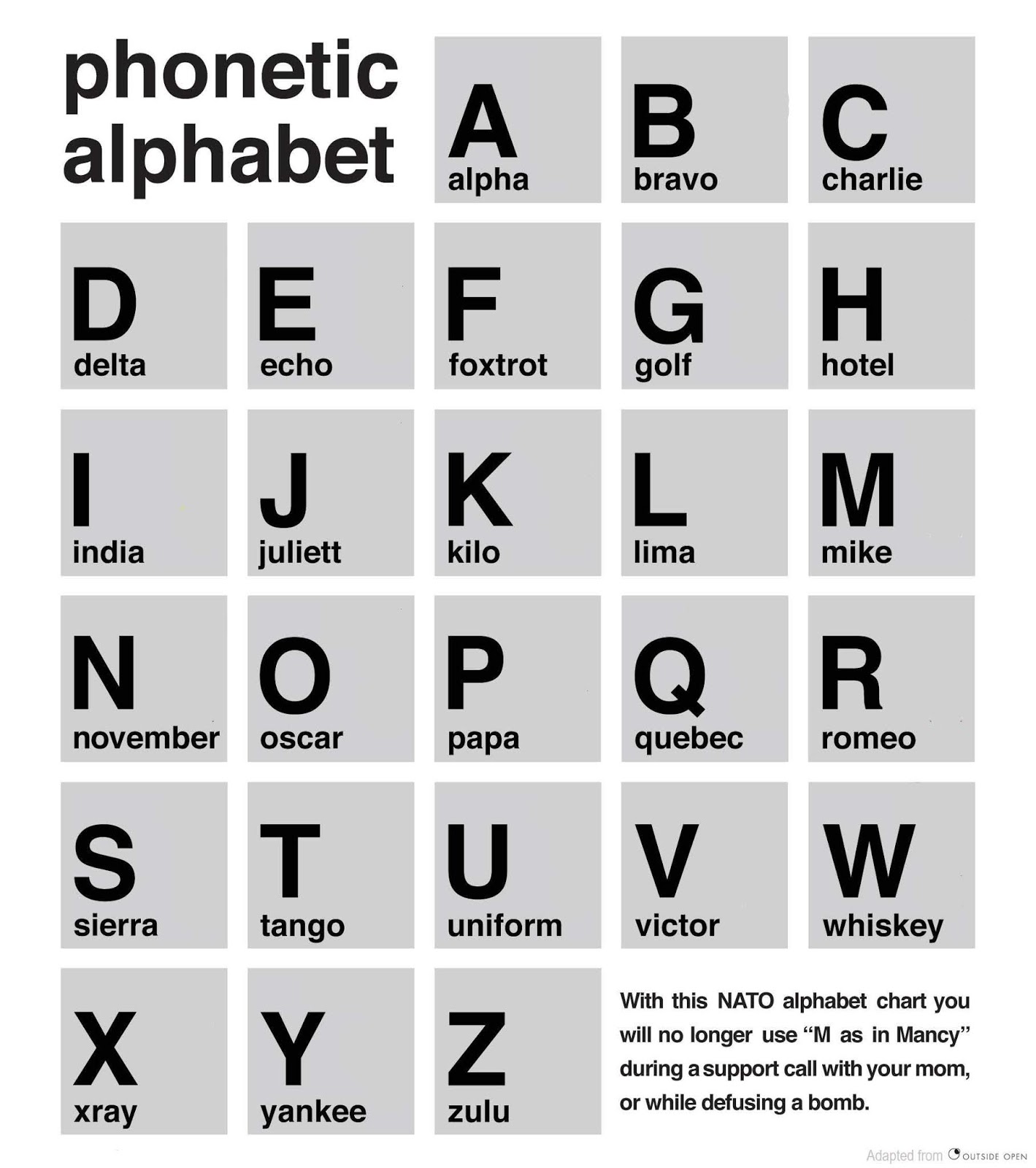
Photo Credit by: bing.com / alphabet phonetic
44 English Phonemes - Sound Chart By Teacher Lindsey | Phonics Sounds

Photo Credit by: bing.com / phonics phonemes phoneme
Decoding Satan: Phonetic Alphabet

Photo Credit by: bing.com / alphabet phonetic
ENGLISH CHATROOM - Inma’s Corner: PHONETICS
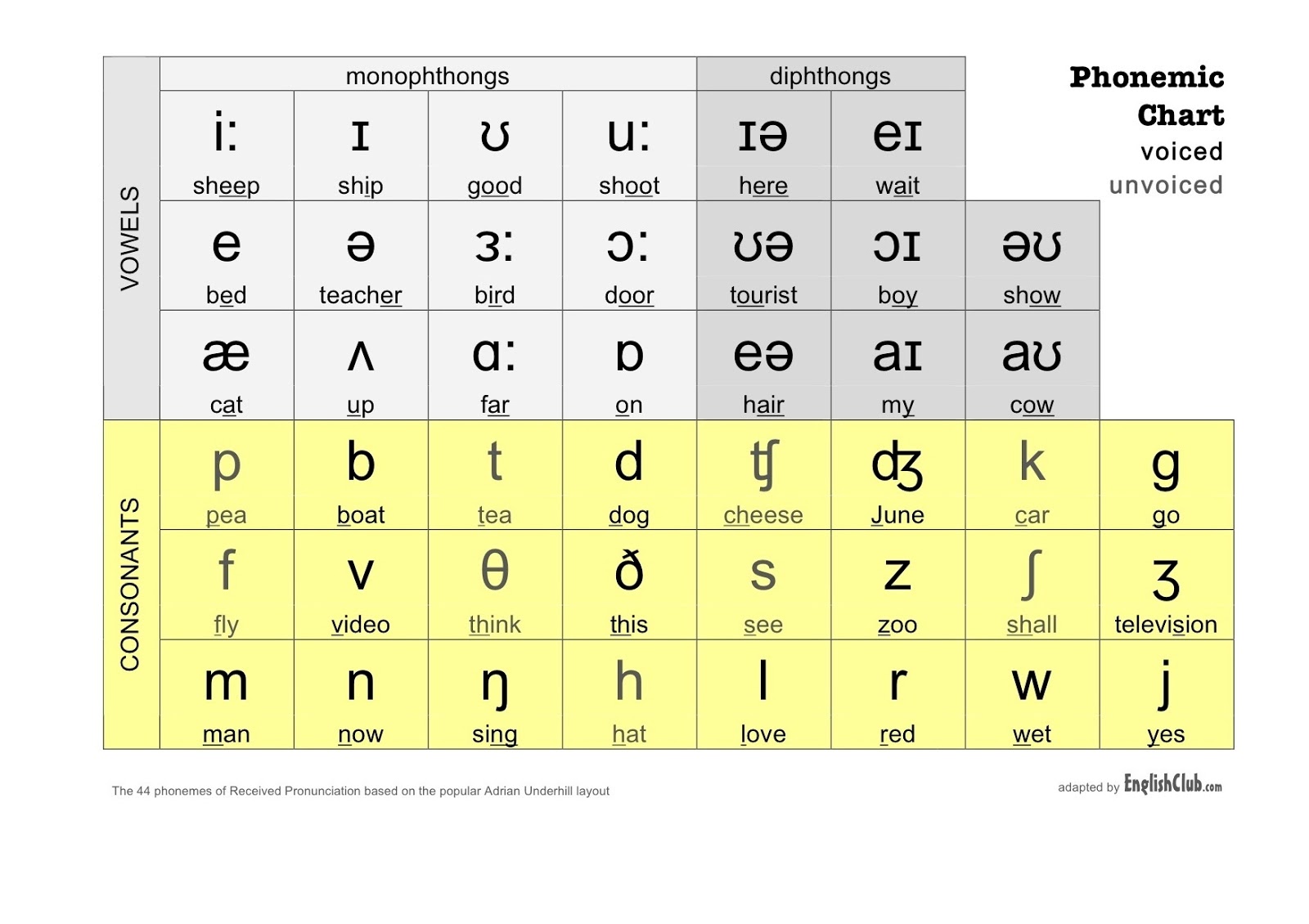
Photo Credit by: bing.com / chart english phonetics phonemic inma chatroom corner
Emily Lyla Wedding: Phonetic Alphabet English Pronunciation Chart

Photo Credit by: bing.com / pronunciation phonetic eslprintables vowel consonant


